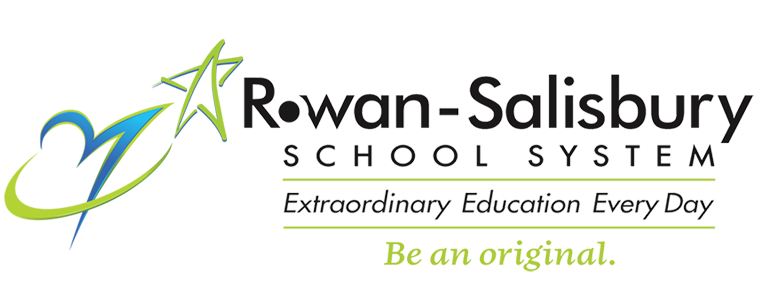We believe that teachers must see education differently to make change happen.
That’s why we hire the most qualified, creative and passionate team members here in the Renewal School System—and our education model’s success ensures they stay.
We know that learning opportunities are critical not just for our students, but for our teachers too. That’s why we offer our team members professional development throughout the year.
Go and Sees
Foundations make all the difference for the Renewal School System, and that stands true for our professional development opportunities, too. Just one example is the Robertson Family Foundation, which generously provided grants for our teacher-led design teams to go and visit other high-performing schools and businesses.
Our teachers and administrators have been from coast to coast—and many places in between—learning from the best and brightest in the industry. As a result, our teams bring innovative strategies back to our schools—and come up with new ideas, too!
Grow Your Own Teachers Scholarships
We believe our classified employees are the perfect candidates for teaching positions in our district. They are passionate about our students, have hands-on experience in our schools, and are active members of our community.
Custodians, bus drivers, teaching assistants, school office staff. All of these team members have already proven their dedication to our students. And some of them share a dream: becoming licensed teachers and continuing to serve Rowan-Salisbury students.
That’s why we established the Grow Your Own Teachers Scholarship Program. Through this scholarship, we encourage Rowan-Salisbury staff to further their careers by earning their teaching license—and we help them do so.
We’ve partnered with Gardner-Webb University and Western Governors University to provide two unique teacher preparation programs for adult learners with different needs. Both programs are fully online, provide mentors and have reduced the cost of their programs for students who are currently employed by Rowan-Salisbury Schools.
This year, we’ve also awarded five scholarships to help our team members learn. In return, they have committed to working in a high-needs school in our district for at least two years after graduation.
When we help our team members learn, ALL of Rowan-Salisbury wins.
New Training for Our New World
Our world isn’t the same as it was 20 years ago—or 10—or even 5. That’s why our team members are offered continual training opportunities. They receive everything from trauma and resiliency training to best support each student, to courses on positive behavioral interventions and supports. When teachers thrive, our district thrives.

